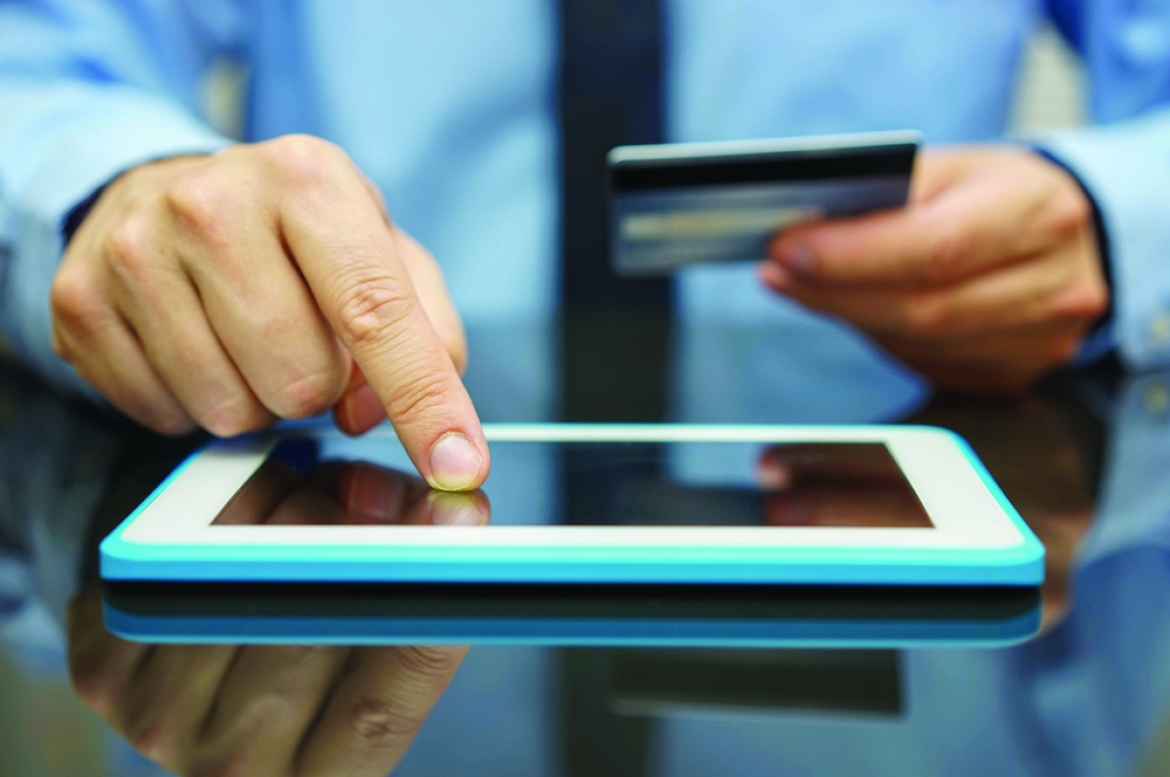In the digital era, many errands that once required leaving the house can be conducted from the comforts of home. Groceries can be ordered online and delivered to consumers' doorsteps, while bills can be paid online, saving men and women from having to drive to their nearby post office.
Online banking has revolutionized the way people manage their money. Investors can buy or sell stocks with the click of a mouse, and money can be moved across accounts just as easily and instantly. Many consumers now even do their banking on their mobile phones. In fact, a 2016 study from the Federal Reserve found that 67 percent of millennials use mobile banking, suggesting that mobile banking is the wave of the future.
While online or mobile banking makes it easy for consumers to manage their money, it's also potentially much riskier than in-person banking at the bank. Unseen hackers and thieves are lurking online and in places where Wi-Fi is open and free, so online and mobile banking enthusiasts must exercise caution when accessing their accounts.
· Sign up for two-factor authentication. Some banks and credit card companies now provide two-factor authentication, and some may even insist their customers use it. Two-factor authentication requires two forms of verification before users can log into their accounts. The first might be the traditional username and password, while the second might be a temporary code texted or emailed to users after they log into their accounts. Some consumers may feel two-factor authentication is tedious and slow, but it's an effective safety measure that should only delay online or mobile banking by a few seconds.
· Use only secure network connections. Public Wi-Fi can be convenient, but consumers should never use such connections to do their online or mobile banking. The American Bankers Association suggests consumers always do their online banking via their own private home networks. Consumers who routinely use public Wi-Fi, even if it's just for basic internet surfing, should log out of mobile banking apps or websites before logging on to public networks.
· Change passwords frequently and avoid using the same password for more than one account. Many banking websites advise customers if their passwords are weak or strong when customers first set up their accounts. Even if customers' passwords are deemed strong, it's best to change them periodically so hackers or criminals cannot guess them. And consumers should never use the same password for more than one account, as that can make it much easier for criminals to steal consumers' identities.
· Monitor credit scores. Consumers have the right to one free credit report each year, but many credit card companies now update customers regarding their credit scores once per month. Consumers many need to sign up to take advantage of this service, but doing so is typically free. If credit scores suddenly dip unexpectedly and without reason, consumers may have been victimized by identity theft and can then take the necessary course of action to address the issue.
Online and mobile banking is convenient, but consumers must tread carefully when accessing sensitive financial information online.

